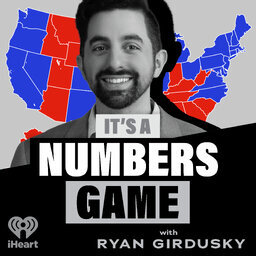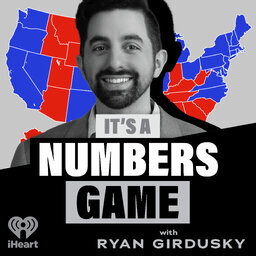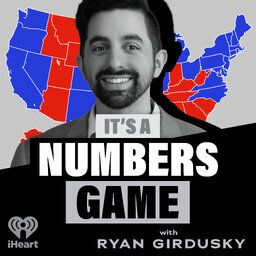It's a Numbers Game: The Numbers Behind Trump's Tariffs with Breitbart's John Carney
In this episode, Ryan and John Carney discuss the implications of tariffs on the economy, inflation, and trade deficits. Carney argues that the media's portrayal of tariffs as the sole cause of market instability is misleading. They explore how tariffs affect consumer prices, the relationship between trade deficits and government growth, and the importance of national security in trade policies, particularly concerning China and Canada. The discussion also touches on the need for place-based economic strategies to revitalize areas affected by past trade agreements. It's a Numbers Game is part of the Clay Travis & Buck Sexton Podcast Network. For more visit natpop.substack.com
Read John Carney's Articles on Breitbart HERE
#tariffs #economy #inflation #tradedeficits #nationalsecurity #China #marketreactions #consumerprices #economicpolicy #placebasedeconomies
 It's A Numbers Game with Ryan Girdusky
It's A Numbers Game with Ryan Girdusky



